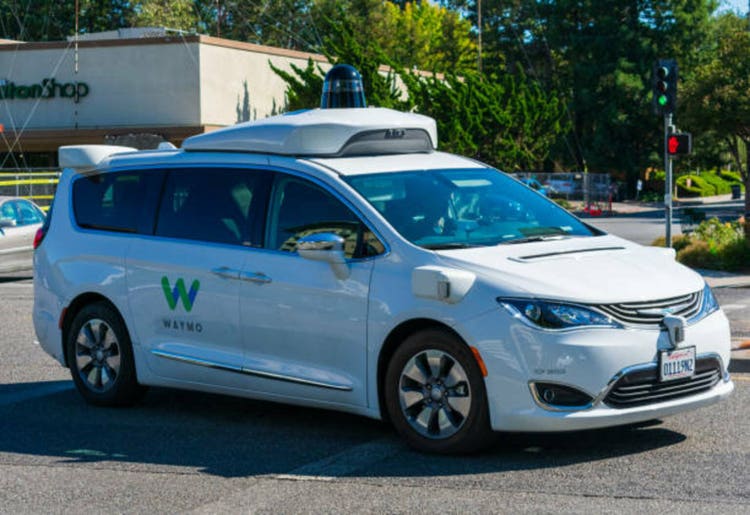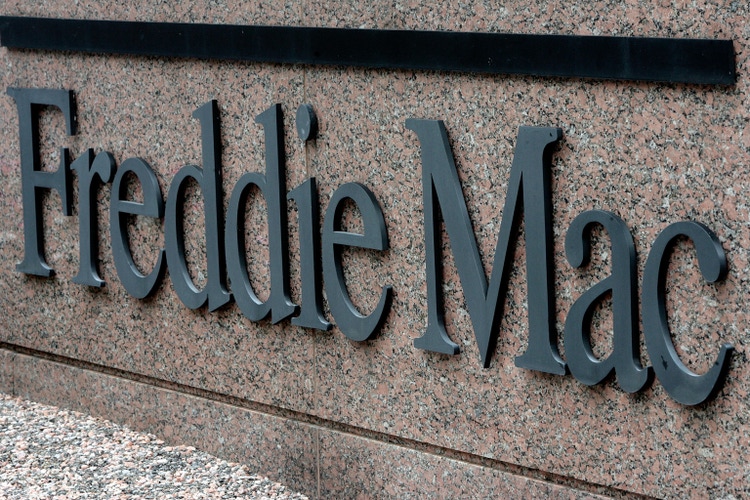- Billionaire OpenAI CEO Sam Altman has a message for new Gen Z graduates struggling to gain a footing in the entry-level job market: ‘This is probably the most exciting time to be starting out one’s career, maybe ever.’ But as the class of 2025 scrolls through LinkedIn for new postings, they’re facing a tougher reality—AI has stolen most of their opportunities to kickstart their 9-to-5s.
In what seems like a dumpster fire of an early career job market for Gen Z—filled with ghost jobs and AI agents—Sam Altman said it’s actually “the most exciting time to be starting out one’s career, maybe ever.”
“I think that [a] 25-year-old in Mumbai can probably do more than any previous 25-year-old in history could,” Altman said in an episode of People by WTF podcast with Nikhil Kamath.
“I felt the same way when I was 25, and the tools then were not as amazing as the tools we have now… A 25-year-old then could do things that no 25-year-old in history before would have been able to, and now that’s happening in a huge way.”
But Gen Z isn’t experiencing the same exciting job market as Altman describes. Entry-level positions are decreasing for ambitious, fresh-faced graduates, as employers expect rookies to come in fully skilled. ChatGPT and AI agents are taking over junior staffers’ beginner skills that Gen Z uses to kick-start their journey up the corporate ladder, and the dream of landing a six-figure tech job after college is becoming a distant reality. Some Gen Zers are even seeking their first jobs at Chipotle instead.
As a result of skyrocketing tuition costs and a depressing white collar job market, Gen Z’s situation is so dire that 4.3 million young people are now NEETs: not in education, employment, or training.
Altman even says he’s envious of Gen Z’s career options today
Even though many young job-seekers are in despair, the tech leader said he’s envious of young people because his early-career jobs will look “boring” by comparison. Comparatively, he said Gen Z will be exploring the solar system and lockdown jobs with sky-high salaries.
The billionaire cofounder compared the current AI revolution to how computers changed the world of work when he was growing up.
“People are now limited only by the quality and creativity of their ideas,” the OpenAI CEO said, adding that advances in AI are transforming programming, accelerating scientific discovery, and enabling entirely new kinds of software.
But still, in a job market where the first rung of the ladder is disappearing thanks to AI, Altman’s optimism is a reminder that Gen Z’s success will be determined by how they integrate the tools into their next role.
The split of tech founders on AI
Altman isn’t alone in his optimism about AI. Billionaire Microsoft cofounder Bill Gates said using AI to improve productivity in the workplace could open up more jobs in the future, despite there being some career “dislocation” for entry-level graduates.
In addition, AMD CEO Lisa Su doesn’t believe AI is out to cause massive job losses, but admits anxiety around the technology’s innovation is a natural feeling.
On the flip side, other tech leaders have warned of AI’s threat to entry-level roles and the white collar job market altogether. Anthropic CEO Dario Amodei said AI could wipe out roughly 50% of all entry-level white-collar jobs within five years, causing unemployment to spike as high as 20%.
LinkedIn’s chief economic opportunity officer Aneesh Raman also echoed that sentiment. Raman said that AI is increasingly threatening the types of jobs that historically have served as stepping stones for young workers who are just beginning their careers.
“While the technology sector is feeling the first waves of change, reflecting A.I.’s mass adoption in this field, the erosion of traditional entry-level tasks is expected to play out in fields like finance, travel, food and professional services, too,” he said.
This story was originally featured on Fortune.com

 1 hour ago
1
1 hour ago
1

















 English (US) ·
English (US) ·